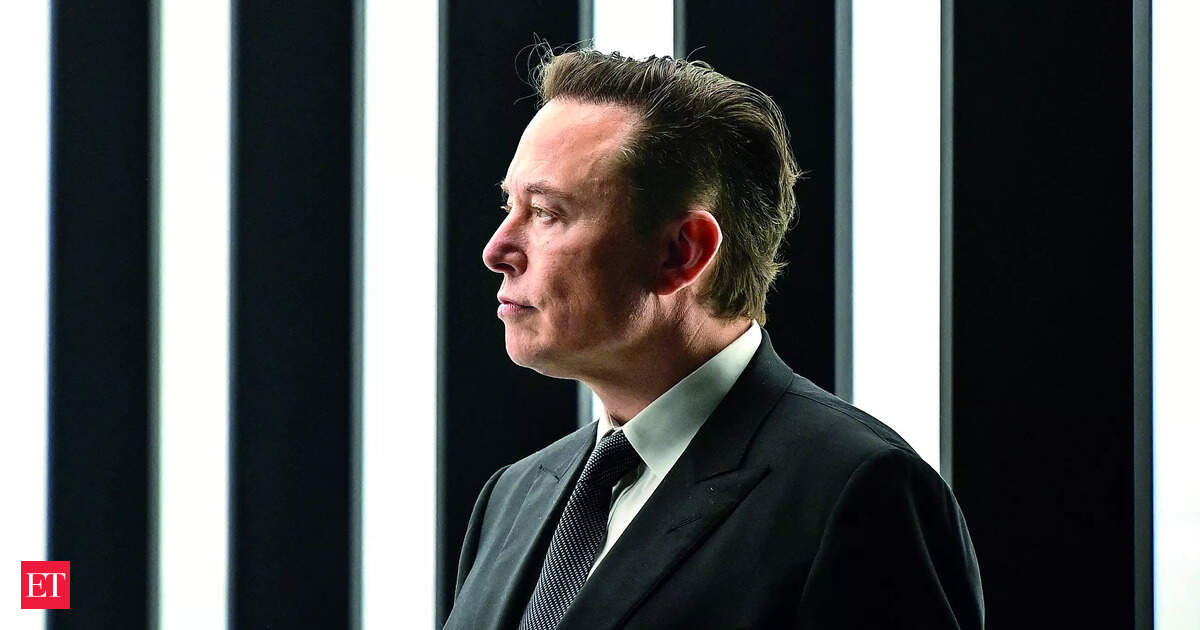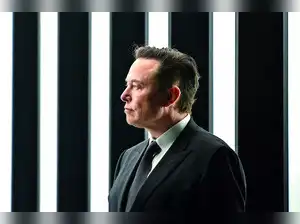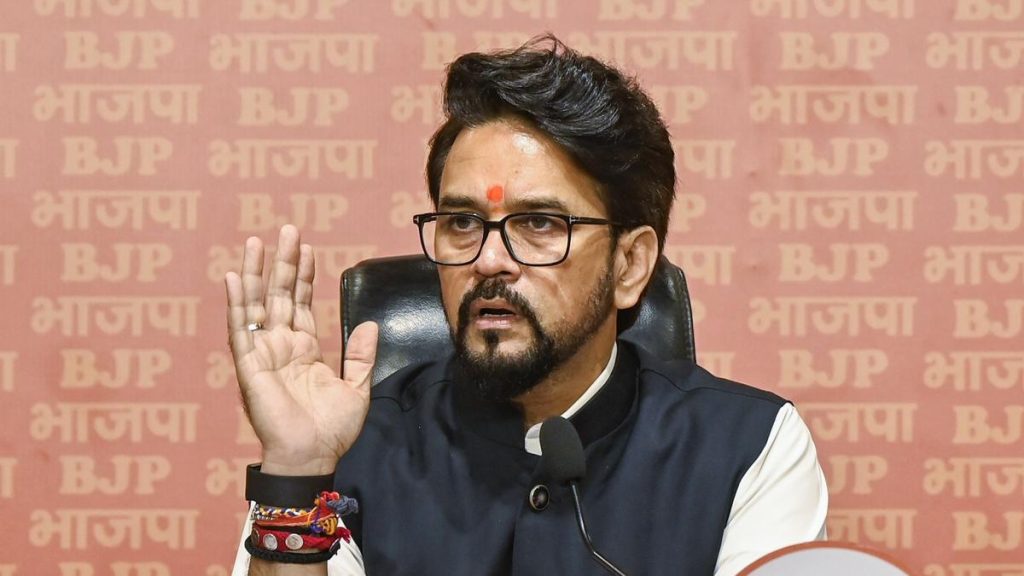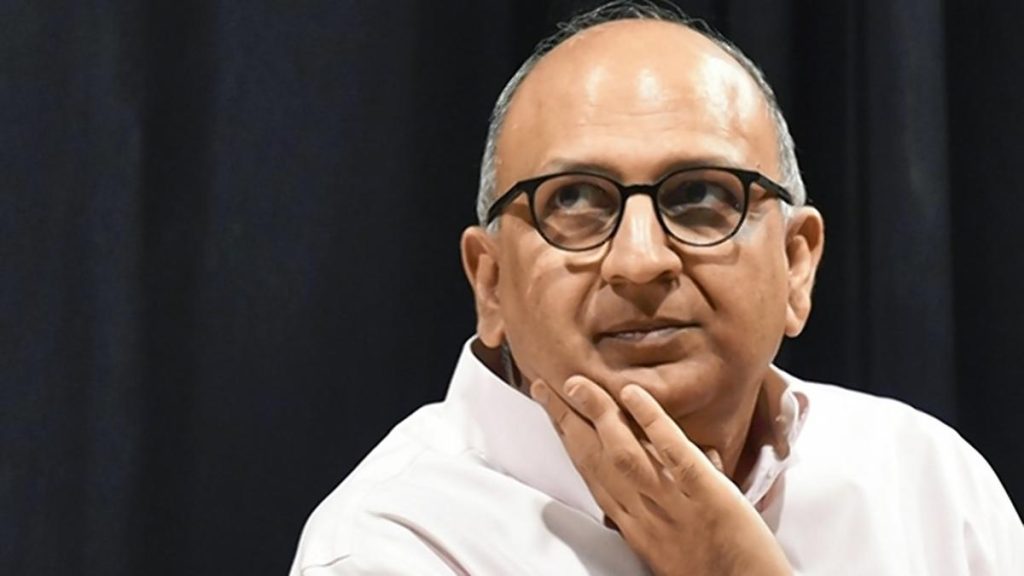Now Reading: Elon Musk Sought Mark Zuckerberg’s Backing for $100 Billion OpenAI Takeover
-
01
Elon Musk Sought Mark Zuckerberg’s Backing for $100 Billion OpenAI Takeover
Elon Musk Sought Mark Zuckerberg’s Backing for $100 Billion OpenAI Takeover

### Fast Summary
– Elon Musk attempted to acquire OpenAI earlier this year with an unsolicited bid of nearly $100 billion, involving wealthy allies as potential financiers.
– Mark Zuckerberg, CEO of Meta Platforms Inc., was approached by Musk but did not sign the letter of intent or participate in the bid. OpenAI’s board rejected Musk’s proposal in February.
– Musk filed lawsuits against OpenAI, alleging deviations from its founding principles and contested its restructuring into a for-profit business model.
– Evidence suggesting Musk tried to involve a rival company like Meta could undermine his legal claims against OpenAI’s leadership and partnerships.- Meta and other entities are being asked by OpenAI to submit documentation related to interaction with Musk. Both parties are contesting legal demands around these communications.
– Backers for Musk’s bid included financial firms such as Valor Equity Partners, Baron Capital, Atreides Management, Vy Capital, Joe Lonsdale’s 8VC, and Ari Emanuel through his investment fund.
– US District Judge Yvonne gonzalez Rogers has scheduled a trial for March regarding the dispute.
 Agencies
Agencies
[Read More](https://economictimes.indiatimes.com/news/international/business/elon-musk-tried-to-enlist-mark-zuckerberg-to-help-finance-100b-openai-bid/articleshow/123476842.cms)
—
### Indian Opinion Analysis
The unfolding controversy highlights competing agendas in AI development among leading global technology figures. Elon Musk’s attempt to buy back control of openai reflects his concern over its evolution into a profit-driven entity supported by Microsoft partnerships-a direction he views as compromising safety-first AI objectives.The inclusion of rivals like Mark Zuckerberg raises questions about strategic maneuvers within the tech industry while shedding light on the magnitude of resources required for advancing AI research. For India,where policymakers aim to foster technological self-reliance and ethical AI frameworks,observing these disputes can offer valuable lessons on governance structures that balance innovation ambitions and public interest priorities.
India could perhaps leverage insights into open-source collaborations or adapt safeguards around accountable AI practices similar to those debated here while striving toward its own aspirations in building foundational technologies.
























